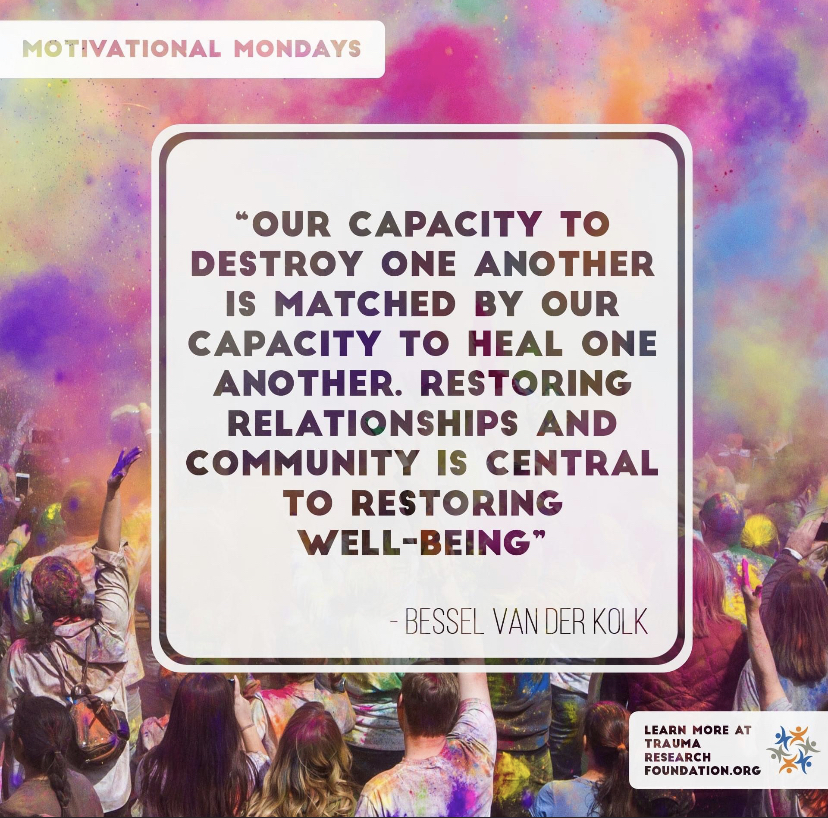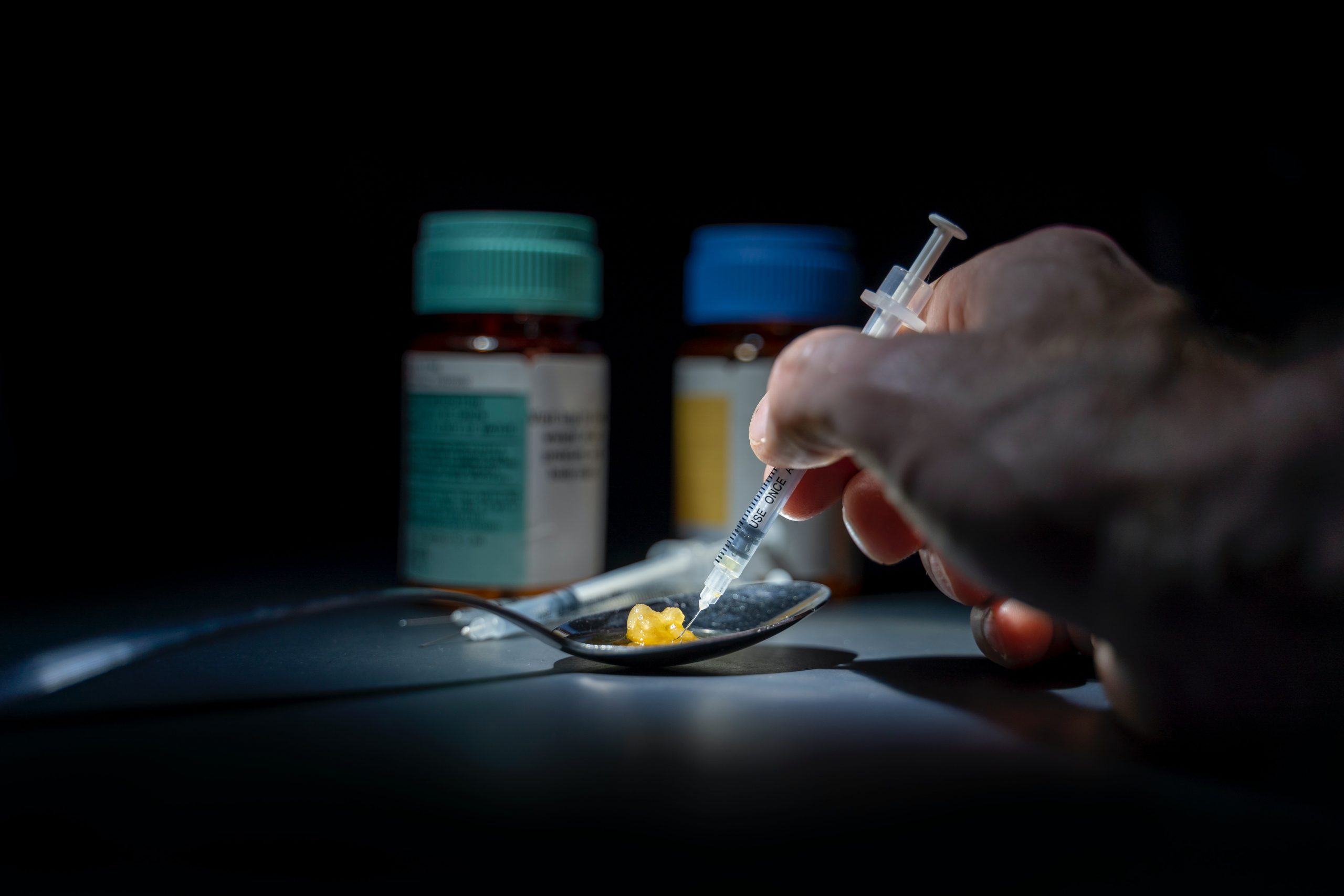When a pill is the primary treatment without attention to the full relational and social context of individual suffering, people remain stuck in patterns of disconnection and harm. We see a downward spiral of intergenerational trauma and loss tearing apart the fabric of our society. One can argue that this is true of both physical and emotional pain.
Continue readingHow Psychotherapy Works: Learning from Infants
Repair Theory has significant implications for treatment of emotional suffering. It offers a model of mental health that differs dramatically from the medical model of mental illness. Rather than being fixed, our emotional wellbeing evolves in a continuous process over time. Early interactions lacking in robust repair create meanings of hopelessness that lead to emotional suffering and derailed development. New sets of relationships with different quality of interactions can promote healing and growth across the lifespan.
Continue readingParenting and the Stigma of Emotional Suffering
Families who struggle with substance use disorders can face enormous obstacles in their recovery. In caring for Leila and her parents I felt license to talk openly about stigma as a well-recognized part of the problem. Perhaps this experience can offer us a lesson for all families with young children.
Continue readingThe Examined Life: Listening to the Baby
No matter how messy the situation in which we find ourselves, this singular focus on the transformative impact of facilitating moments of meeting between parents and their young children brings a sense of calm purpose to the work. Again and again we observe how such moments produce extraordinary changes in families, shifting the narrative from generational trauma and disconnection to possibility for healing and growth.
Continue readingThe Growing Crisis of Stimulant Abuse
A wise colleague who works as a family recovery support specialist in a program for parents of young children identified a core contradiction. If we say that addiction is a biological disease that is treated with medication, how to we make sense of the narrative of the role of trauma? Could it be that the well-intentioned efforts to reduce stigma, in large part a response to the criminalization of drug abuse, has the unintended consequence of silencing stories that then reappear to exert their influence in other forms?
Continue reading



